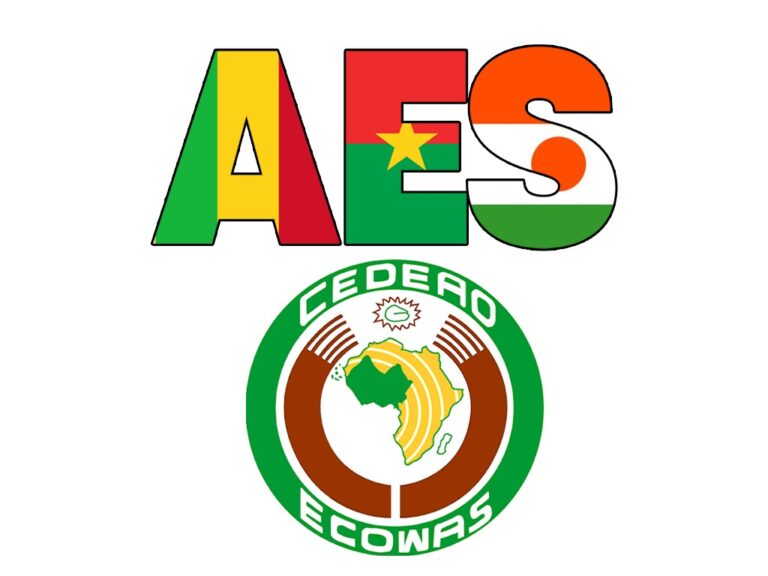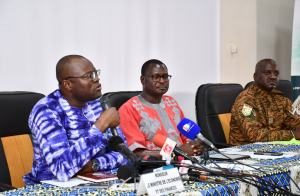AES vs. ECOWAS: Two contradictory approaches in the fight against terrorism in the Sahel

Tin Zaouatine, Mali – In the face of the growing threat of terrorism in the Sahel, the Alliance of Sahel States (AES) has emerged as a decisive and effective force.
Unlike the Economic Community of West African States (ECOWAS), often criticized for its verbal condemnations without concrete actions, the AES has demonstrated remarkable operational capability on the ground.
Successful Intervention in Tin Zaouatine
The recent intervention by AES Special Forces in Tin Zaouatine, northern Mali, highlights this effectiveness.
By neutralizing the terrorists threatening the region, the AES proved that coordinated and determined actions can make a difference in the fight against terrorism.
This successful operation secured the area and protected local populations, starkly contrasting with ECOWAS’s inaction.
Criticism of ECOWAS
ECOWAS, on the other hand, seems more concerned with issuing statements than implementing tangible measures to counter terrorism.
With each new attack, the organization merely denounces the acts of violence without offering a military or strategic response on the ground.
This approach has shown its limitations, leaving local populations at the mercy of terrorist groups.
The sanctions imposed by ECOWAS on member states are also criticized for their negative impact on innocent civilians, worsening their situation without providing a durable solution to security problems.
A Difference in approach
The example of Tin Zaouatine underscores the gap between AES action and ECOWAS rhetoric.
While terrorists threatened the region, the AES did not hesitate to deploy its Special Forces, demonstrating that fighting terrorism requires concrete actions rather than statements of principle.
Call to action
The Alliance of Sahel States shows that a determined and proactive regional coalition can achieve what ECOWAS has failed to do: provide an effective and swift response to terrorism.
It is time for regional and international organizations to recognize the importance of concrete actions and support the AES’s efforts, rather than relying on sanctions and statements with no real impact on the security of the populations.
Titi KEITA












